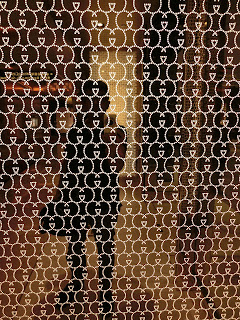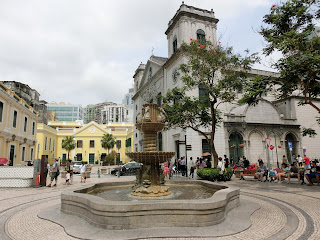the prophet job on the death of ruby

I chose our first reading today from the book of Job to mark the passage of Ruby from this world to the next. I chose this reading because I believe this passage appropriately describes my one and only meeting with her, my struggle to understand with her what she was going through. Our meeting in her home was not a confession although we ended with the anointing of the sick by laying our hands on her and praying over her and by giving her the viaticum. It was not a confession for she said she already did. Rather it was a consultation, a consultation she deems very important in her experience of sickness, “Can I pray to God for death, can I ask God to take away my life, can I, is it a sin?” These questions were not asked in some emotionally charged exchange we often see in teleseryes. No. These were straightforward questions, an attempt I believe to deal with what she was going through as rationally as possible – typical I guess of Ruby....














